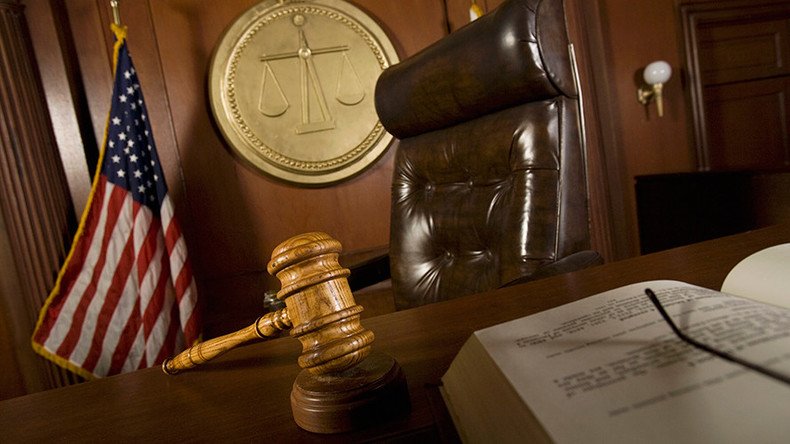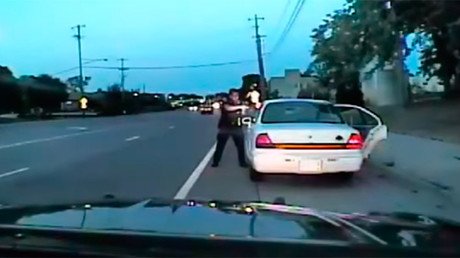PA Supreme Court rules police dashcam videos are public record, as lawmakers vote opposite

Pennsylvania’s highest court has said the public should have access to police dashcam video unless the footage is proven to be related to an ongoing investigation. Lawmakers, however, are voting to keep the recordings secret.
On Tuesday, the Supreme Court of Pennsylvania ruled 5-2 in favor of a lower court decision to grant access to dashcam videos from two state troopers with the Pennsylvania State Police (PSP) who responded to a car crash in 2014.
The case was filed by Michelle Grove, who requested a copy of the police report as well as any video or audio recordings pertaining to the car accident in Potters Mills, about 15 miles east of State College.
The court ruled that PSP dashcam videos were public record under the Right To Know Law, which states that commonwealth agencies must provide copies of all public records upon request.
PSP denied Grove’s request on the basis that certain recordings, which are considered to be “criminal investigative records,” are exempt from public disclosure under the Right To Know Law.
The police argued that their recordings are generally exempt, because they inherently contain criminal investigative material, but Justice Kevin Dougherty, who wrote for the majority, said the video only showed the troopers investigating the scene and talking to the drivers and witnesses.
“PSP simply does not explain how the video portion of the [recordings] captured any criminal investigation,” Dougherty wrote.
However, the court agreed that the audio from the police interviews with the drivers and witnesses did contain investigative information, and was therefore exempt from public disclosure. The court ruled that the PSP was able to redact the audio, but they were not allowed to withhold the entire recording.
In her dissent, Justice Sallie Mundy said the video without the sound could still provide investigative information, such as “a witness’s demeanor, physical condition, and gestures, which give context to the statements provided. As such, they are as related to the inquiry as are the contents of the statements.”
The ruling states that the police cannot decline to release footage unless they justify why footage cannot be made public, and that decision must be made on a case-by-case basis.
#Baltimore police don't release body cam footage in three cases of police-involved shootings https://t.co/RIpWGySxmK
— RT America (@RT_America) April 27, 2017
Grove's lawyer, Helen Stolinas, said the ruling was "a decisive victory for the citizens of Pennsylvania and the press to remain aware of the activities of state and local officials and be able to scrutinize how public servants are performing their duties," according to the Associated Press.
The ruling comes as state lawmakers are about to vote on a bill that would nullify the court’s decision by creating a new procedure for the public to access police recordings that would allow law enforcement officials to decline releasing recordings.
Introduced by Senator Stewart Greenleaf, SB 560 would require individuals that were denied access to police recordings to file a petition with the court for a hearing to appeal the police. The petitioner would be required to pay $125 and a judge would have to determine if disclosure of the video “outweighs the interests of the Commonwealth, the law enforcement agency or an individual's interest in nondisclosure."
Reggie Shuford, executive director of the American Civil Liberties Union (ACLU) of Pennsylvania, said the legislation “effectively hides what is captured by police cameras from the public. And that makes them merely another tool of surveillance.”
“If the public cannot obtain video produced by police cameras, they shouldn’t be used at all,” Shuford said in a press release. "While body cameras may be valuable to officers in carrying out their daily duties, the idea of using these cameras came to prominence because people were demanding that police operate with transparency, fairness, and accountability."
Greenleaf said he expects SB 560 to be put to a vote next week, according to the AP.













